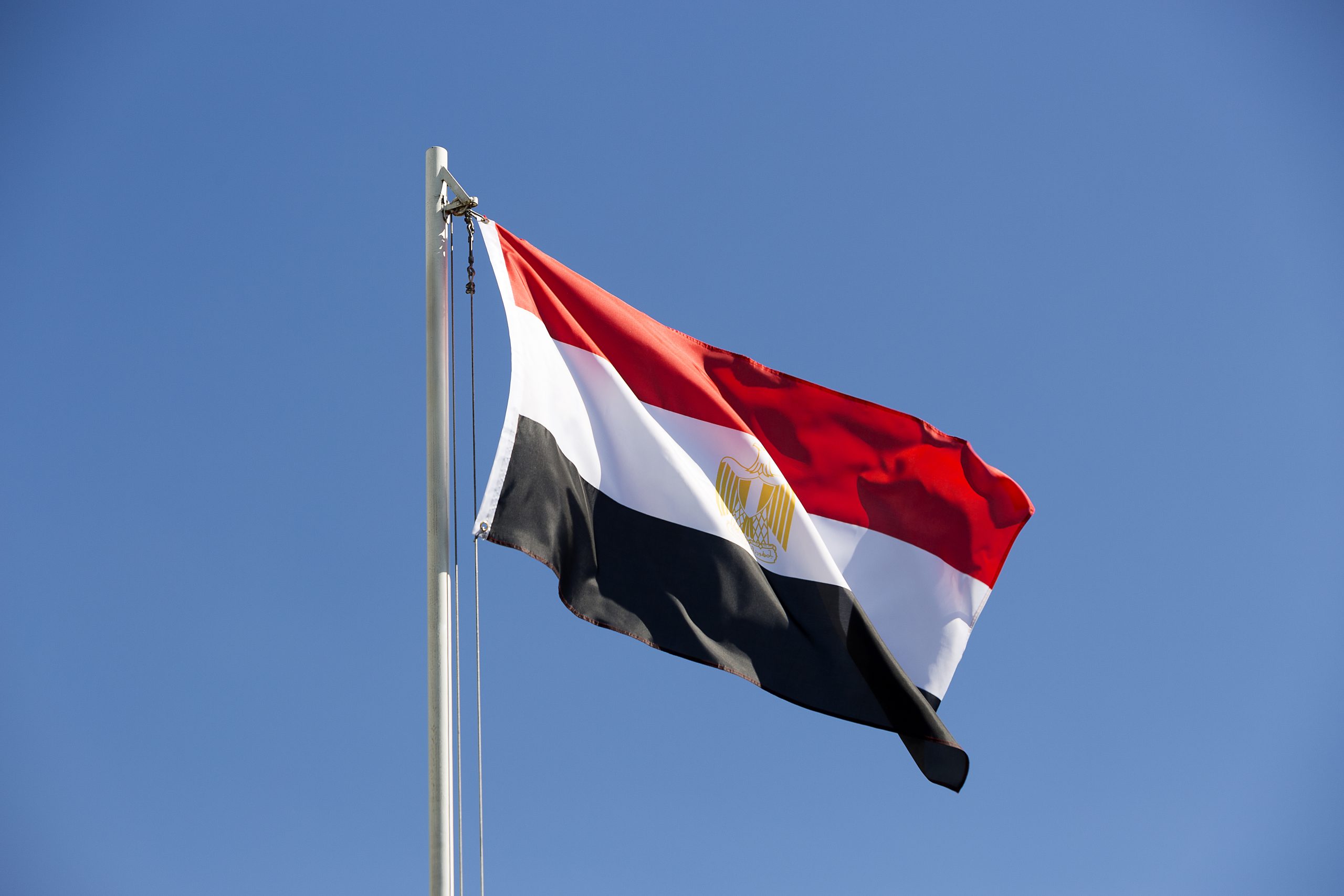Egypt’s extension comes despite rapprochement between Doha and Cairo following the 2017 dispute.
Al Jazeera has condemned a decision by Egypt to re-instate some of its journalists and TV presenters on a revised terror list on Tuesday.
The Qatar-based network issued a statement shortly after the Cairo Criminal Court unveiled the list, which it reviews every five years, calling on Egyptian authorities to “reconsider and refrain from measures that impede journalistic work and restrict freedoms”.
Al Jazeera’s statement however fell short of naming the journalists listed.
The media network described the move as an “unjust categorisation” and called on the United Nations and other global human rights entities to pressure Egypt to halt its violations towards the press.
Those included in the terror list are subjected to travel bans, passport cancellations, and the freezing of assets, Al Jazeera said.
The network also renewed its calls for the “swift release” of its journalists Rabee Al-Sheikh and Bahaa Al-Din Ibrahim, both of whom remain behind bars without trial.
In May, Egyptian authorities renewed the imprisonment of El-Sheikh and Ibrahim for an additional 45 days under a periodic renewal of 15-to-45 days, a widely known tactic often used by the Egyptian regime.
Egyptian authorities initially arrested El-Sheikh in 2021 when he travelled to Cairo for a family visit, whereas Ibrahim was arrested upon his arrival at the Cairo International Airport in 2020 when he was travelling back to Doha.
In a previous statement, Al Jazeera revealed that Ibrahim has been subjected to “enforced disappearance, torture, and solitary confinement, while being blindfolded and handcuffed.”
Both journalists have been accused of joining a “terrorist group and spreading false news”.
The UN’s Special Rapporteur on Human Rights Defenders, Mary Lawlor, told Al Jazeera that the “mechanism for charging terrorism in Egypt is being misused.”
Qatar-Egypt rapprochement
The prolonged imprisonment of journalists has long been a matter of concern for rights groups.
In March, the United States had expressed its concern over the extended detainment of the Al Jazeera journalists in its country rights report on Egypt.
The extension and terror labelling comes despite rapprochement between Doha and Cairo following the years-long 2017 dispute. At the time, Egypt joined Saudi Arabia, the United Arab Emirates, and Bahrain in severing ties with Qatar and imposed an illegal air, land and sea blockade on the Gulf state.
Al Jazeera has been subjected to various violations since the 2013 military coup that saw current Egyptian President Abdel Fattah El-Sisi seize power from then-leader Mohamed Morsi—Egypt’s first democratically elected leader.
According to Reporters Without Borders (RSF), Egypt is one of the world’s biggest jailers of journalists, with many spending years in jail and solitary confinement without being formally charged or tried.
“In the past 10 years, at least 170 journalists have been jailed, dozens of others have been arbitrarily arrested and interrogated, access to more than 500 news websites has been blocked and six journalists have been killed,” RSF said last month.







